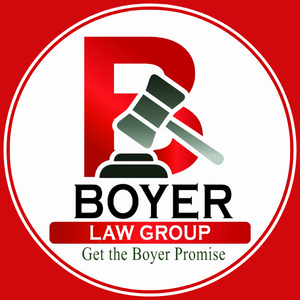When a person dies, something has to happen with his or her assets and outstanding debts. Probate is a legal process that deals with administering the deceased person’s estate, including collecting and distributing assets, paying debts and taking care of final expenses.
While probate may include many assets, other assets fall outside of the process. These assets, known as non-probate assets, already have instructions for their distribution. Generally, non-probate assets fall into just a few categories.
Retirement plans and insurance policies
It is common for individuals to save for retirement. Many Michiganders also carry life insurance policies to protect their loved ones.
According to the IRS, retirement plans and insurance policies typically have direct and identifiable beneficiaries. That is, they are automatically payable to someone upon death. The following plans and policies are usually non-probate assets:
- 401(k) plans
- IRA plans
- Annuities
- Life insurance policies
Joint bank accounts
Married couples and domestic partners often open joint checking and savings accounts that permit either party to use account funds. If a person has a jointly owned account, the account is probably a non-probate asset. Still, this is only true if the other account holder is still alive.
Businesses
Many business owners have succession plans that kick in when they die. If the deceased person’s company has one, the business is likely to continue without interruption. Otherwise, the business is likely to be a non-probate asset, as its governing documents probably include a procedure for dealing with the business without court interference.
Ultimately, even if a deceased person’s estate includes most or all non-probate assets, his or her loved ones should consider seeking legal counsel to ensure they receive a fair share of the estate.

